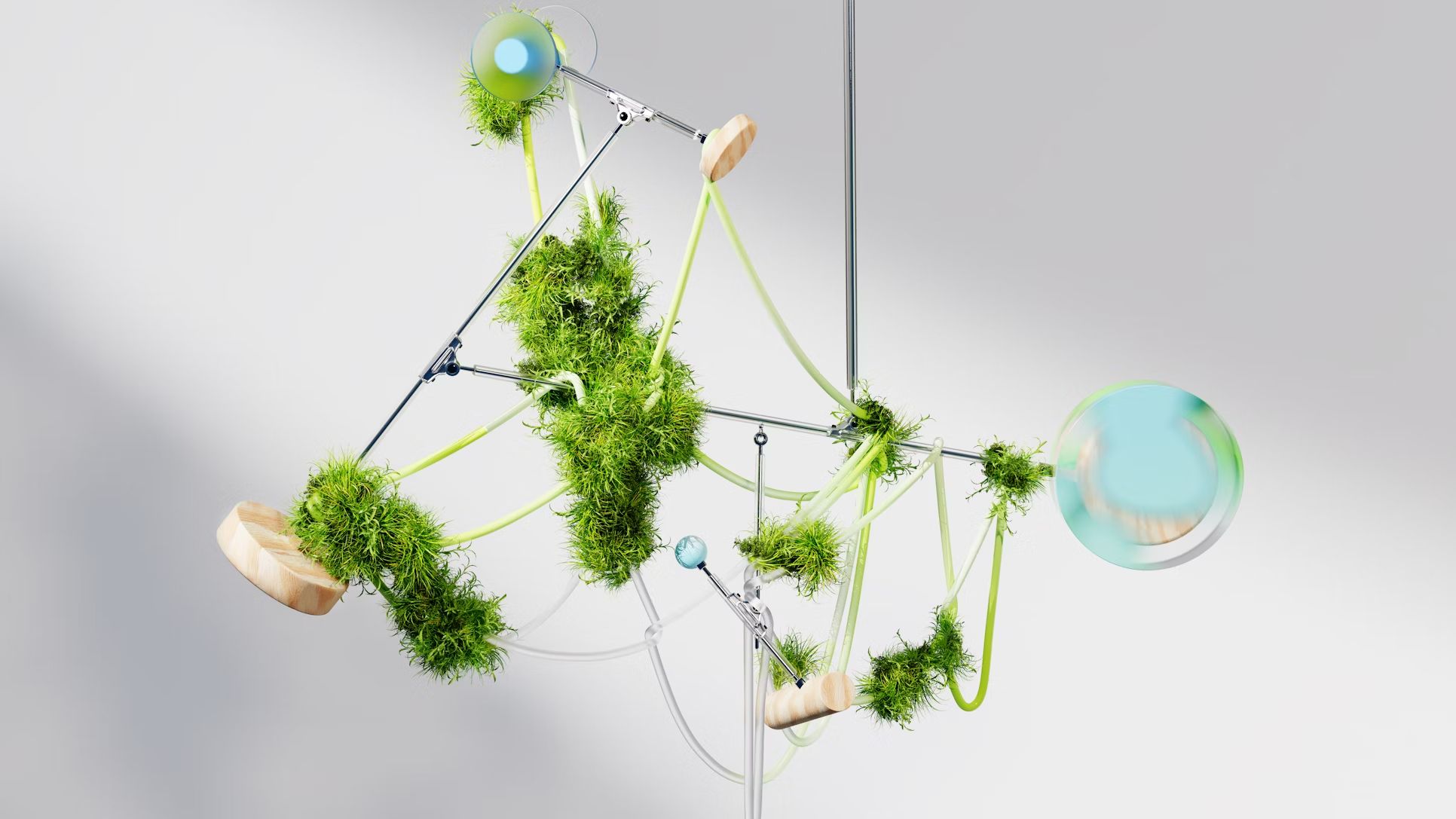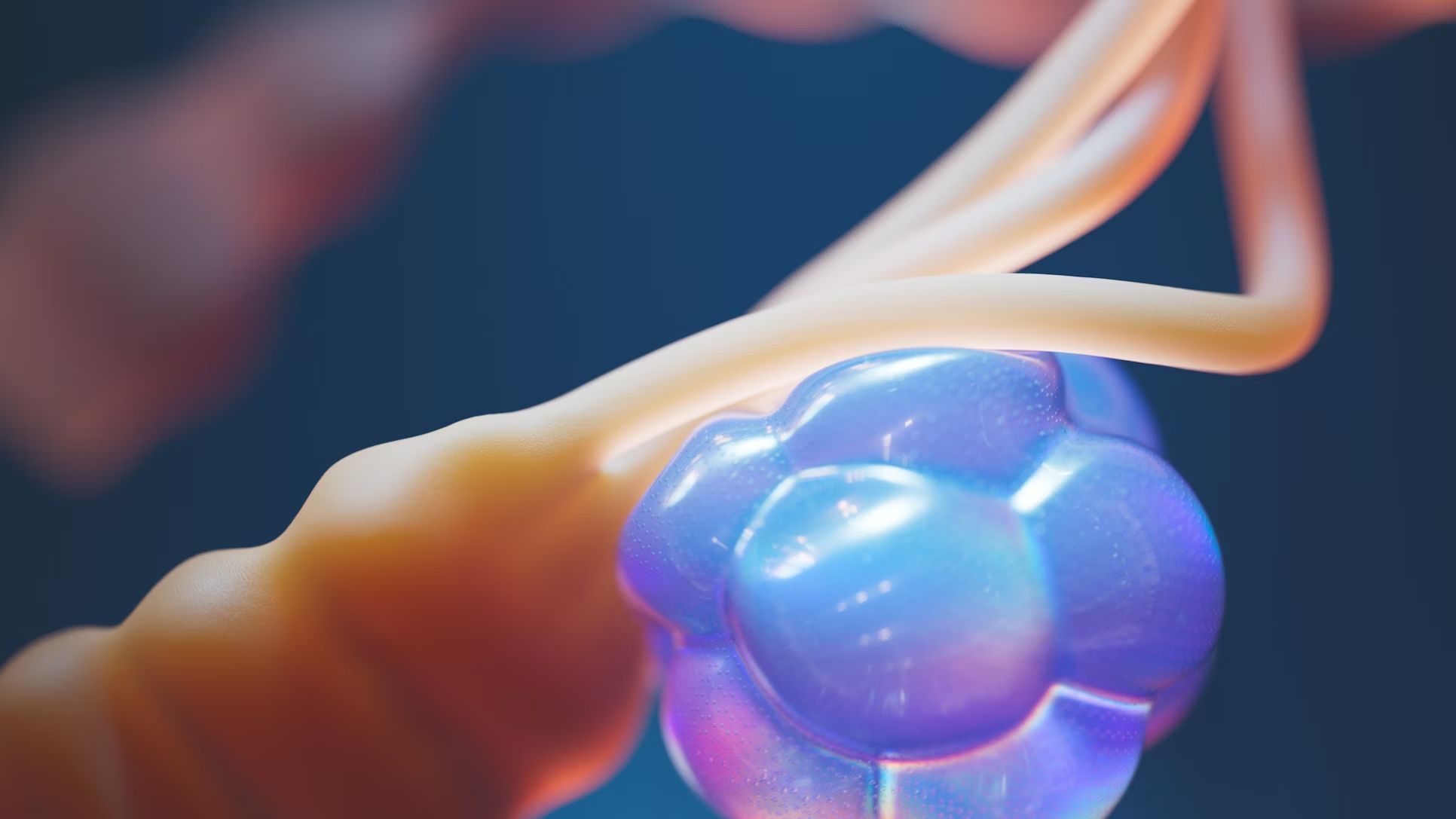and the distribution of digital products.
DM Television
Nobel-winning AI: DeepMind duo’s breakthrough in the field of chemistry

Google DeepMind’s Demis Hassabis and John Jumper just snagged this year’s Nobel Prize in Chemistry, sharing the honor with David Bakker from the University of Washington. The trio’s work on computational protein design has changed the game, with Hassabis and Jumper’s AlphaFold2 AI model leading the charge.
What has AlphaFold2 accomplished?“This prize represents the promise of computational biology,” Jumper said at a press conference, where excitement was high. AlphaFold2, their breakthrough tool, has cracked a 50-year-old problem in biology: predicting protein structures. It can now predict over 200 million of these structures—essentially covering almost every protein known to science—from their amino acid sequences.
The 2024 #NobelPrize laureates in chemistry Demis Hassabis and John Jumper have successfully utilised artificial intelligence to predict the structure of almost all known proteins.
In 2020, Hassabis and Jumper presented an AI model called AlphaFold2. With its help, they have… pic.twitter.com/Izgx4FT23K
— The Nobel Prize (@NobelPrize) October 9, 2024
The implications are huge. By offering a clearer understanding of how proteins operate and interact with other molecules, AlphaFold2 is giving researchers fresh insight into diseases and drug discovery. And it’s not just a lab tool—it’s accessible to scientists worldwide. Since going live, AlphaFold2 has already been adopted by over 2 million scientists in 190 countries. It’s speeding up research on everything from malaria vaccines to Parkinson’s therapies, and even solutions for drug-resistant bacteria.
 Google DeepMind’s Demis Hassabis and John Jumper just snagged this year’s Nobel Prize in Chemistry
Google DeepMind’s Demis Hassabis and John Jumper just snagged this year’s Nobel Prize in Chemistry
As Jumper put it, the model’s impact has been immediate. “What I think will come soon through our work is that we’re going to get better and better at harnessing biology and our understanding of biology to make medicines,” he said. “I hope this means that, ultimately, we will be more responsive to, for example, pandemics.”
Hassabis, a pioneer in AI and co-founder of DeepMind, is clear about his mission: using artificial intelligence to “improve the lives of billions of people.” But he also cautioned against getting swept away by the tech’s rapid advancements. “We have to really think very hard as these systems and techniques get more powerful about how to enable and empower all of the benefits and good use cases, whilst mitigating the risks,” he noted.
AI pioneers John Hopfield and Geoffrey Hinton won Nobel Physics Prize 2024
AI’s fingerprints are all over the sciences. Not just in chemistry—this year’s Nobel Prize in Physics also went to two AI researchers, John Hopfield and Geoffrey Hinton, for their pioneering work on training neural networks with physics. The future of scientific breakthroughs seems inextricably tied to the evolution of artificial intelligence.
Image credits: Google Deepmind/Unsplash
- Home
- About Us
- Write For Us / Submit Content
- Advertising And Affiliates
- Feeds And Syndication
- Contact Us
- Login
- Privacy
All Rights Reserved. Copyright , Central Coast Communications, Inc.